Drawing on the reality of the Ukrainian battlefield, Taiwan is stepping up the development of drones to enhance its defense capabilities amid the increasingly tense situation in the Strait.
Recently, Nikkei Asia published an article noting the unmanned aerial vehicle (UAV) development programs that Taiwan is pursuing.
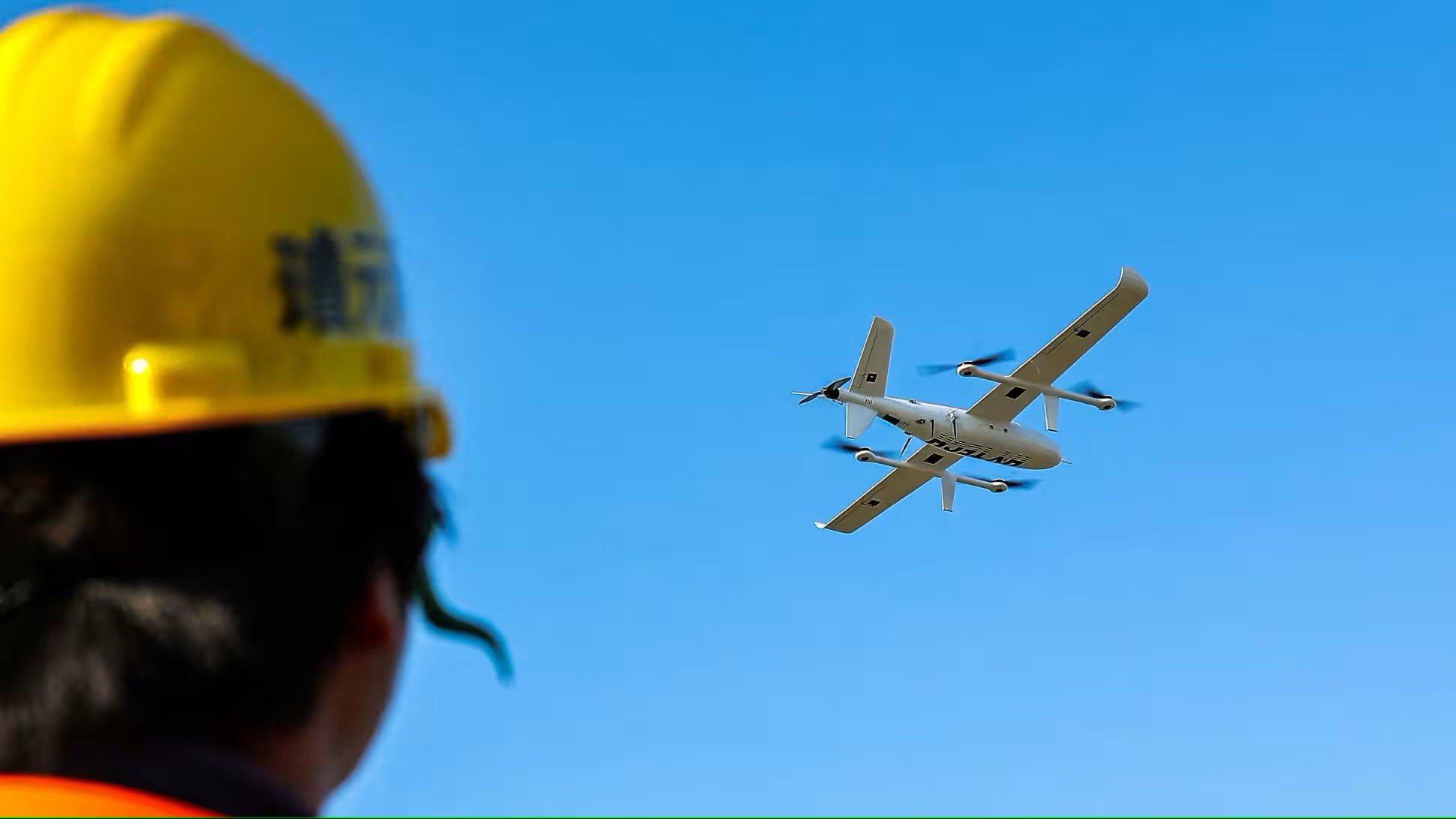
A UAV being tested by HY Tech
Dual-use UAV
The article quoted Daniel Chou, CEO of HY Tech, as saying that his company is developing UAVs for use in natural disasters. However, concerns about non-natural disasters – such as an attack from mainland China – are the biggest motivation for Taiwan to step up such UAV programs.
Since 2023, the Taiwanese government has been promoting the concept of “civilian UAVs for military use.” Companies like HY Tech are part of such an ecosystem of UAV manufacturers, aiming to meet Taiwan’s ambitions in the race to strengthen its defense capabilities. In his inaugural speech in May 2025, Taiwanese President Lai Ching-teh vowed to make the island “the Asian hub of the UAV supply chain for global democracies.”
After the outbreak of the Ukraine conflict, Lai’s Democratic Progressive Party saw UAVs as an important part of an asymmetric military strategy. According to Politico , in 2022, the Taipei government established a task force to bring together local manufacturers to promote the deployment of UAVs for both commercial and military purposes. The goal is for Taiwanese manufacturers to be able to produce 15,000 UAVs per month by 2028.
In September 2024, the US Department of Commerce sent a delegation to Taiwan consisting of 26 manufacturers of UAVs and counter-UAV systems, including Northrop Grumman, Shield AI, and Textron Systems. The purpose of the trip was to promote cooperation between both sides in UAV production.
For many years, Taiwan has been considered the "center" of the semiconductor industry. Taiwanese companies account for nearly 90% of the advanced chip manufacturing market. Thanks to that, Taiwan has a high level of autonomy in UAV production, so the above goal is considered completely feasible.
Key Strategy
Responding to Thanh Nien on February 17, Dr. Satoru Nagao (Hudson Institute, USA) analyzed: "In the context of rising tensions around the Taiwan Strait, Taipei is at a military disadvantage. The distance between the two sides is basically only about 160 km, so if a conflict occurs, Beijing's firepower can cover Taiwan. Over the years, Taiwan has made efforts to establish air bases protected by mountains. However, apart from a few solid bases, the remaining bases are vulnerable to attack. Within 800 km of Taiwan, there are more than 30 Chinese air bases, but the US has only one base in Okinawa, Japan (770 km from Taiwan). Therefore, Taiwan cannot rely on traditional air power and needs to find alternative firepower in case of attack."
Dr. Nago continued to analyze: "In such a context, UAVs are "toys" that promise effective combat capabilities for Taiwan. Looking from the battlefield in Ukraine, UAVs play a comprehensive role from reconnaissance and surveillance, to attack like many types of long-range missiles with precise sensors... In Ukraine, anti-UAV jamming systems are also used effectively. However, if automatic technology develops sufficiently, UAVs can overcome jamming systems."
"In addition, the base for producing UAVs can be set up easily, without the need for large-scale facilities. For example, Iran has developed and maintained UAVs in small caves. Therefore, even if Beijing controls the sky, Taiwan can still produce, maintain and operate UAVs. Therefore, it is understandable that the Taiwanese government is focusing on UAVs," Dr. Nagao emphasized.
Also responding to Thanh Nien , Professor Stephen Robert Nagy (International Christian University - Japan, scholar at the Japan Institute of International Affairs) analyzed: "Taiwan's UAV ambitions are based on lessons learned from the Ukraine conflict. Taipei understands that Beijing has an overwhelming advantage in resources and military power. This is also the correlation between Russia and Ukraine. Despite this correlation, Ukraine has used UAVs to prevent Russian troops and attacks. Through this, Taipei understands that UAVs are a cheap and effective tool to respond to attacks or blockades that China can carry out. Specifically, UAVs can attack and overwhelm radar systems. When faced with surprise attacks, UAVs can help Taiwan prolong the time to wait for allies to support."
Source: https://thanhnien.vn/tham-vong-uav-vu-trang-cua-dai-loan-185250217223633353.htm








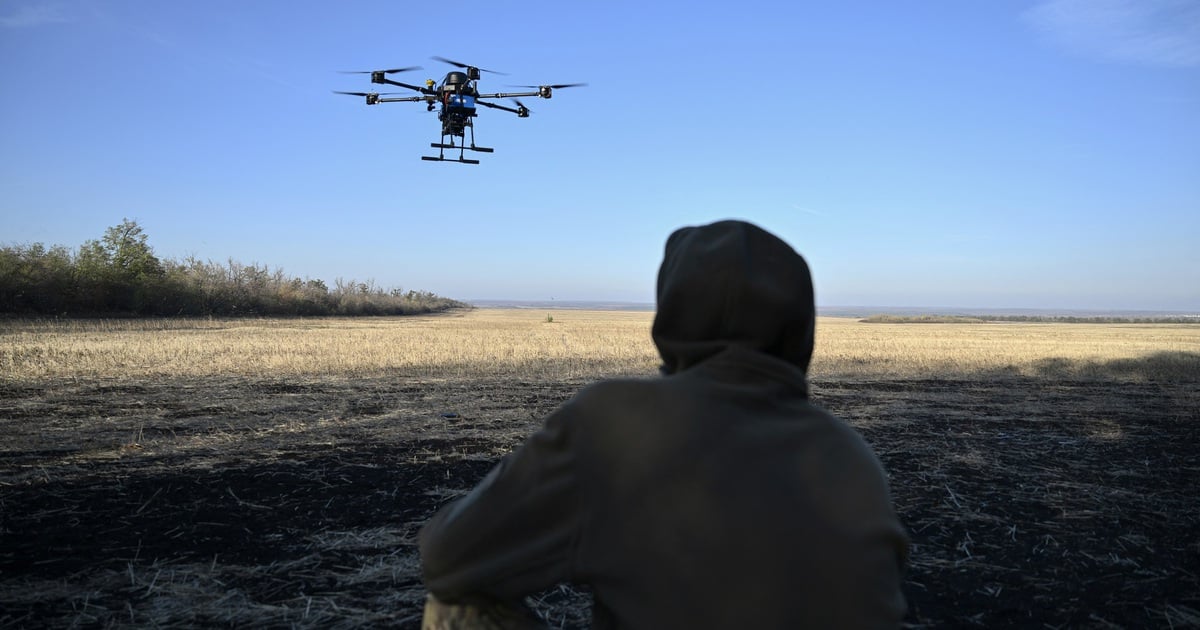
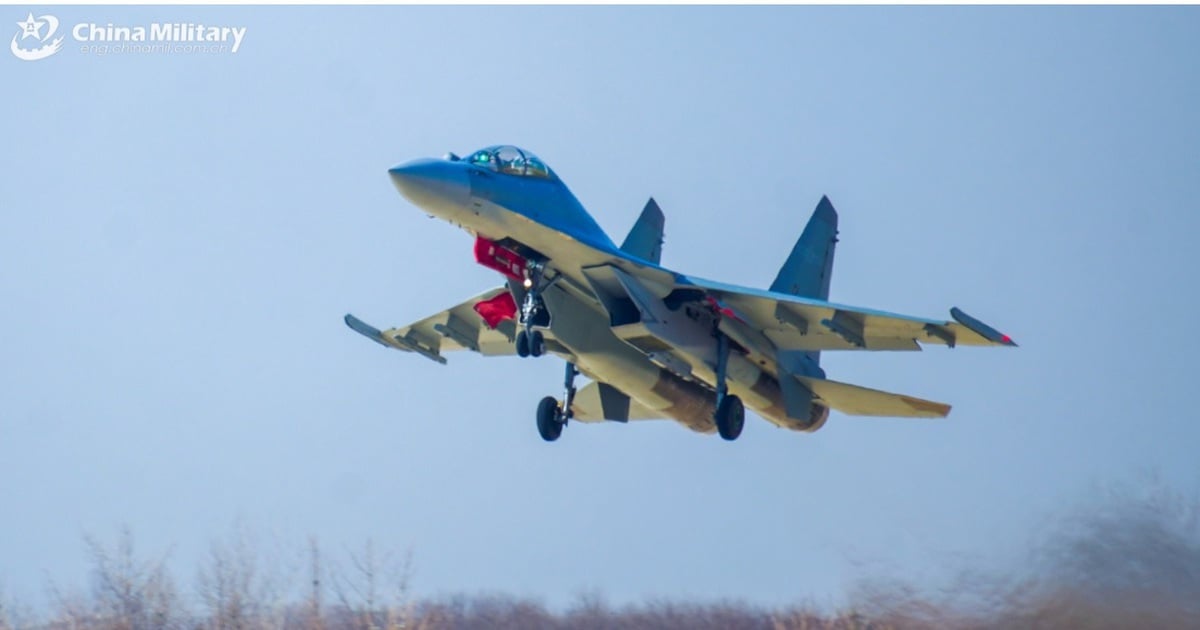
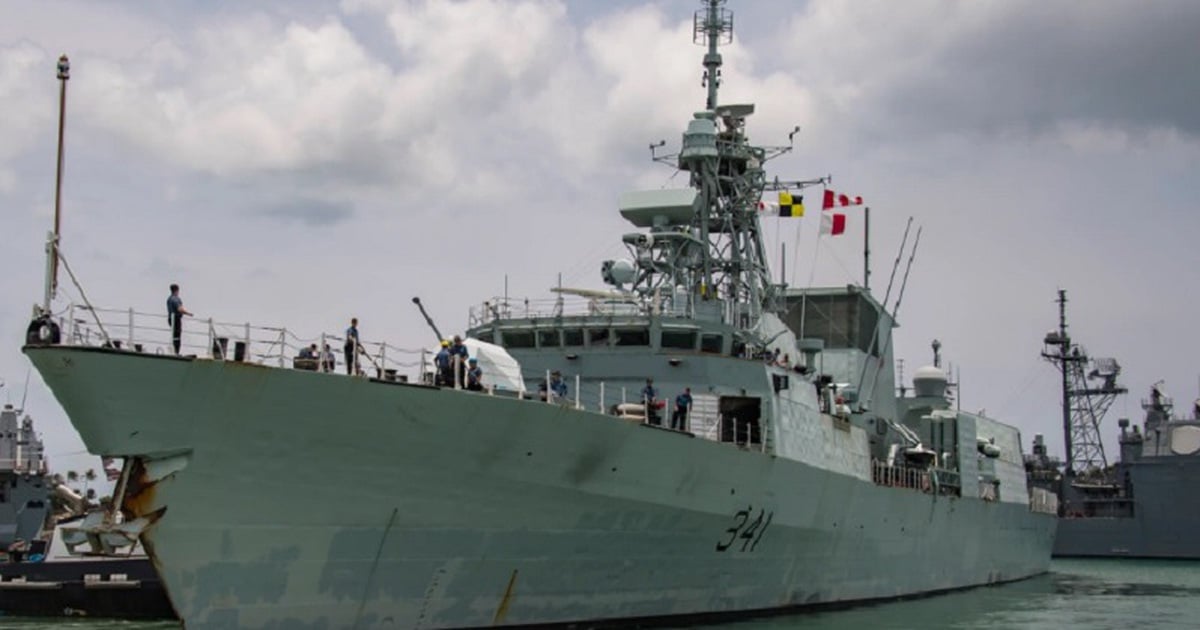
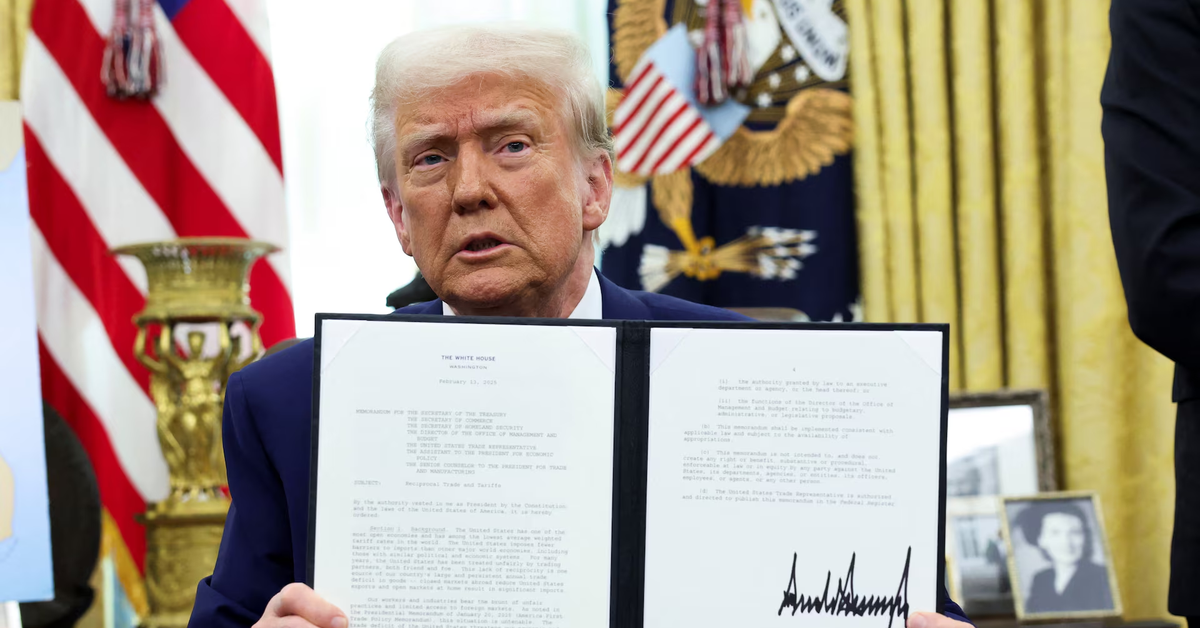



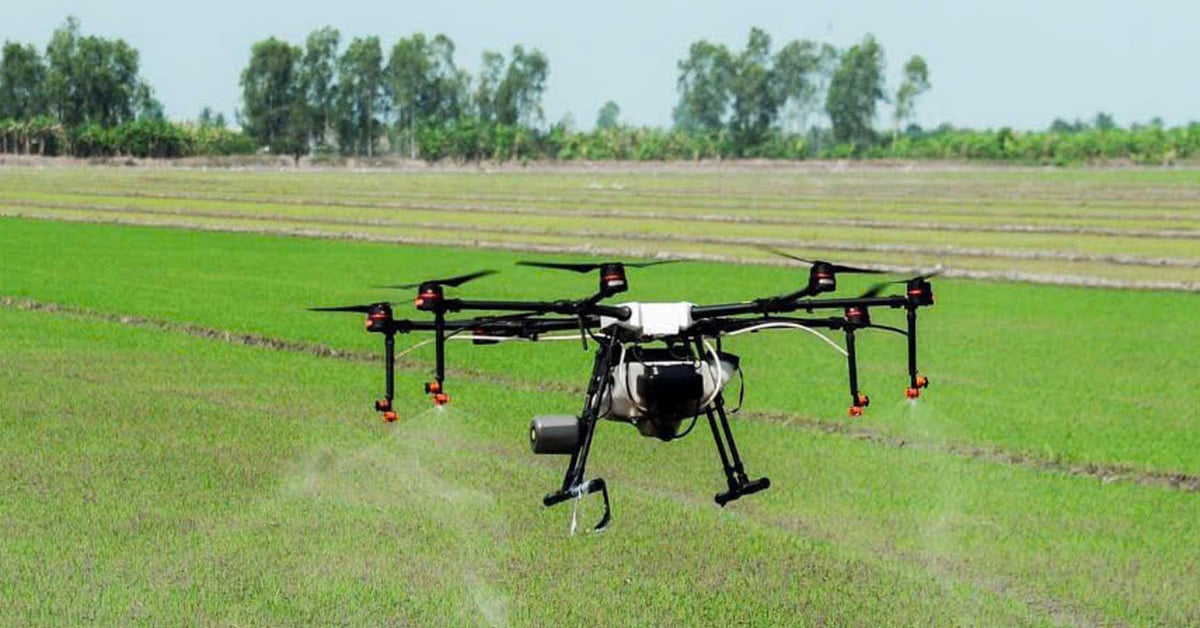
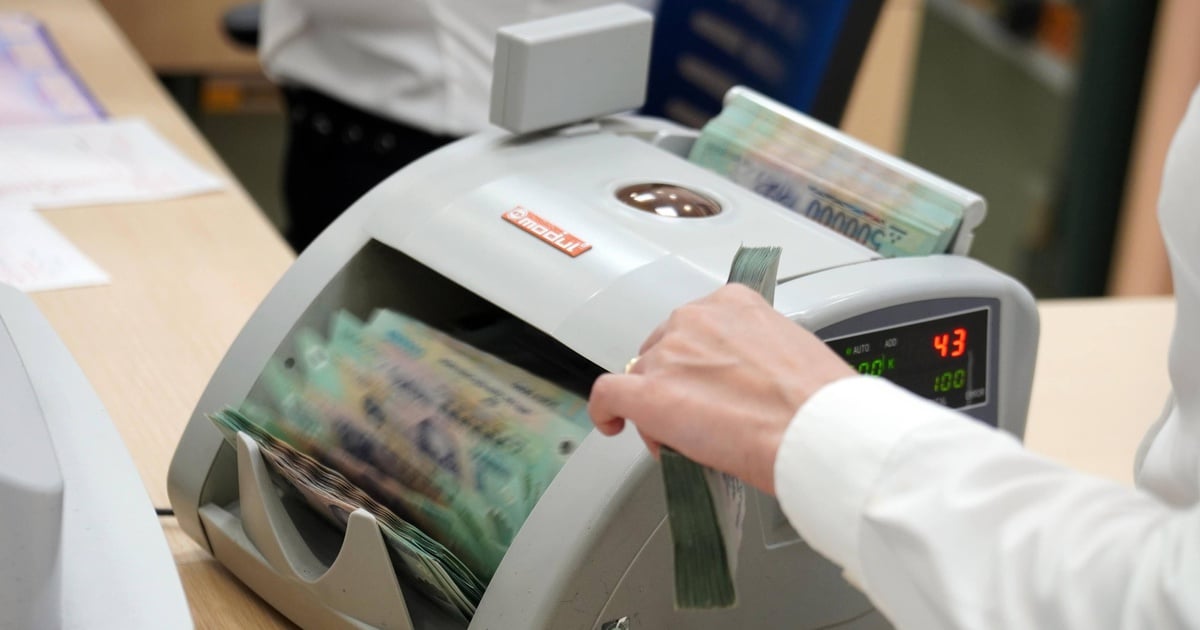
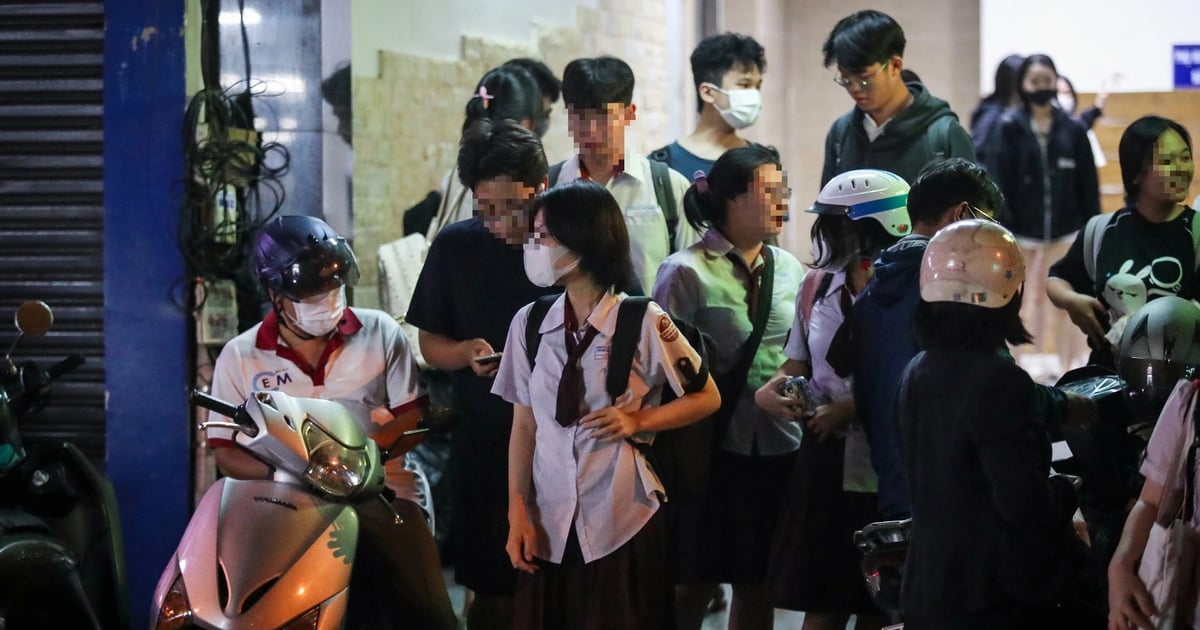

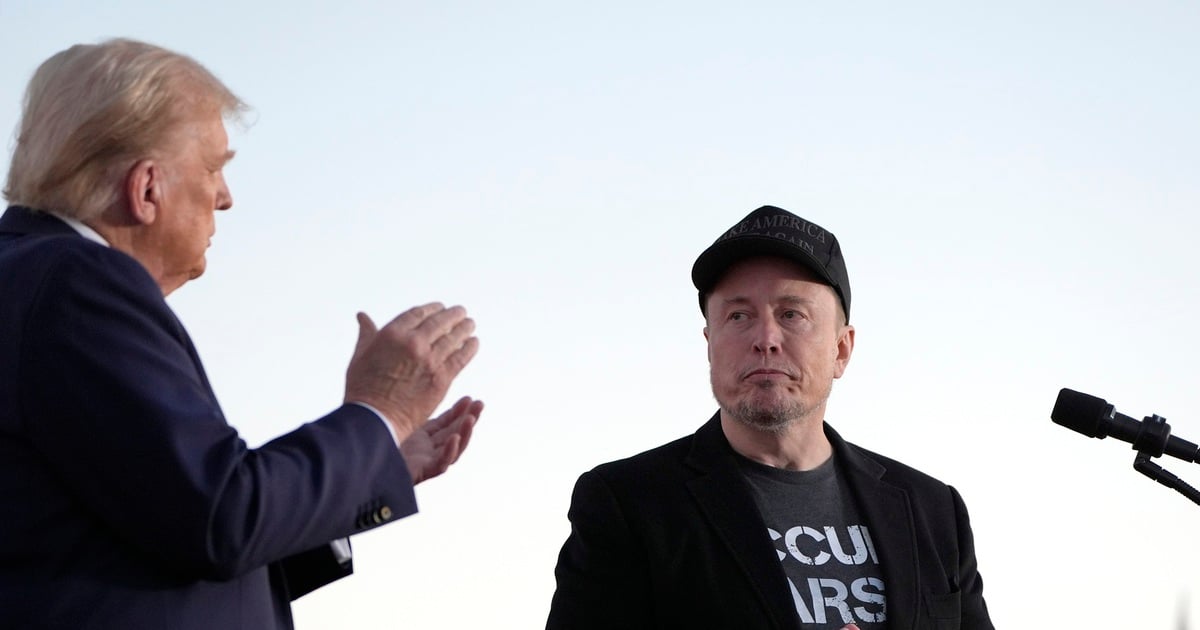
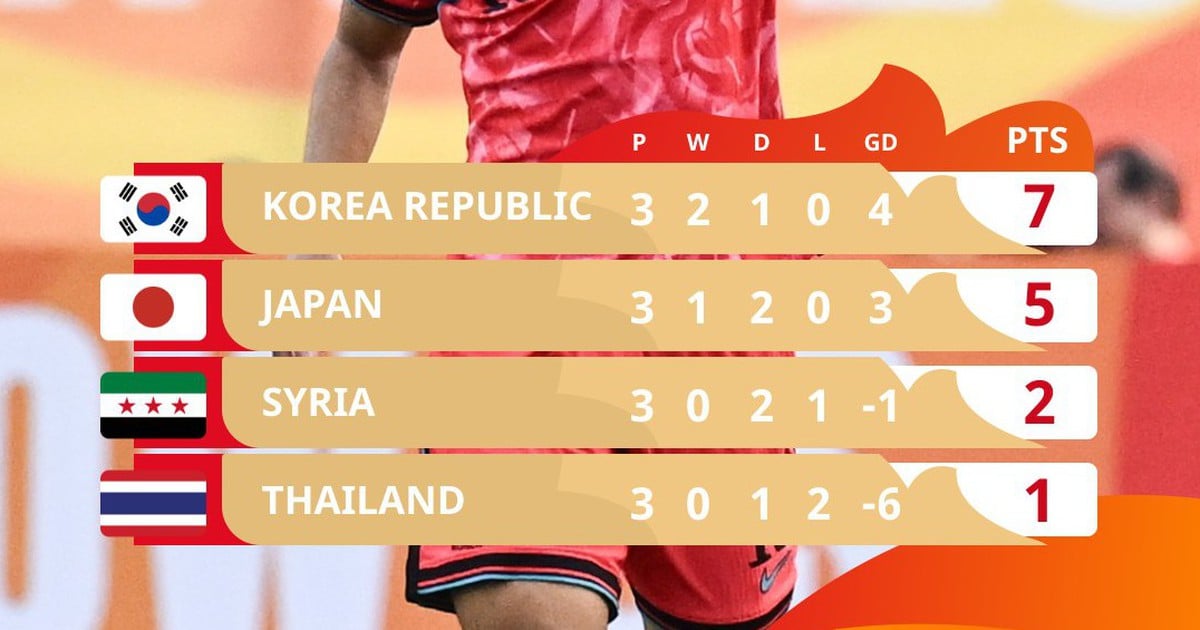


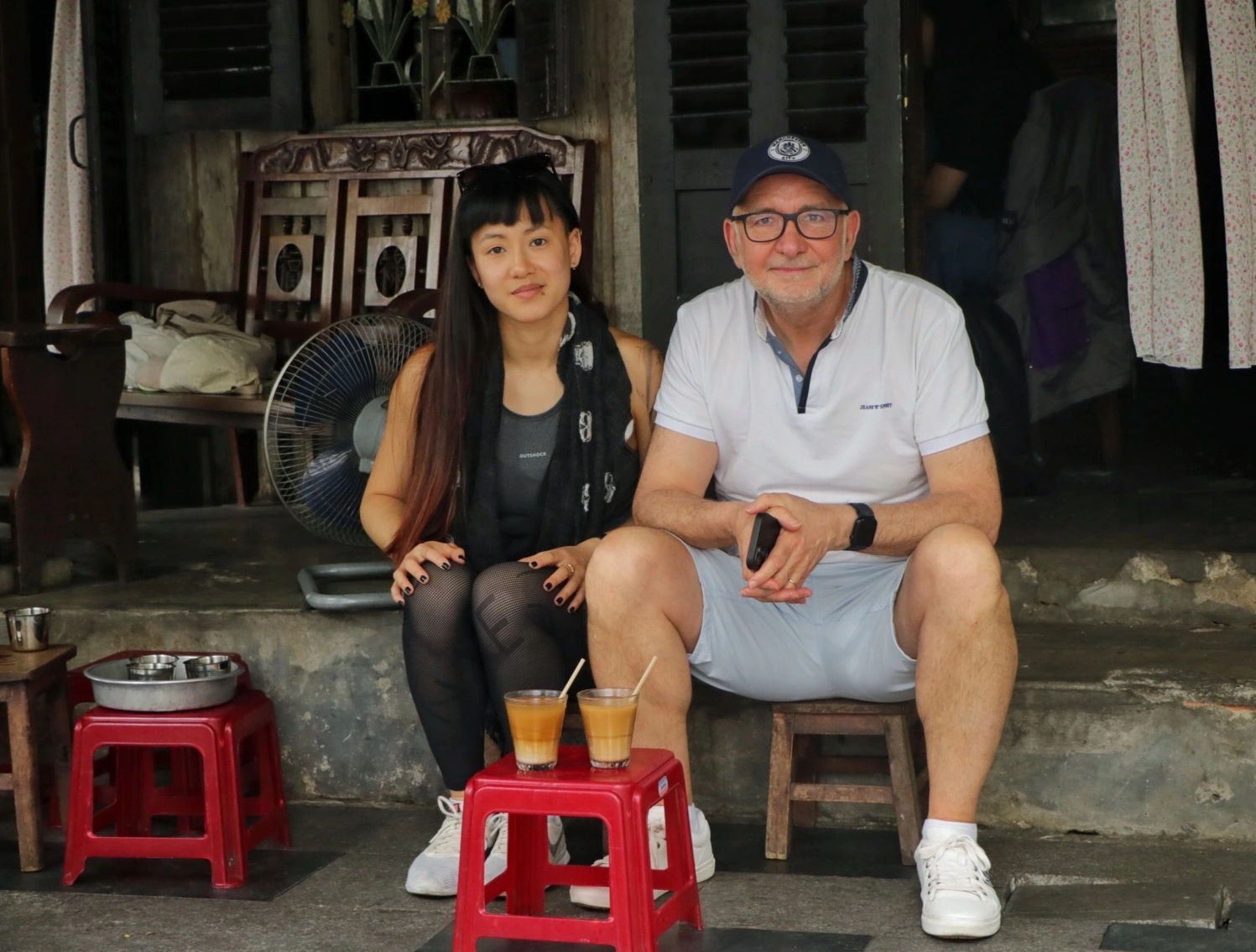
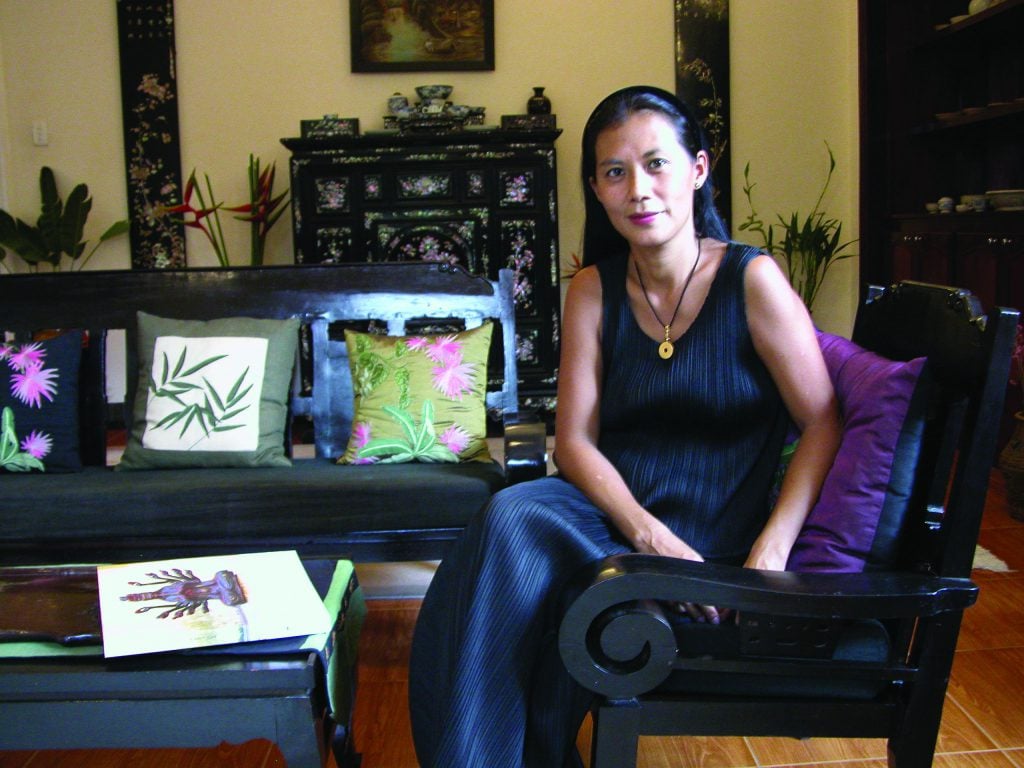
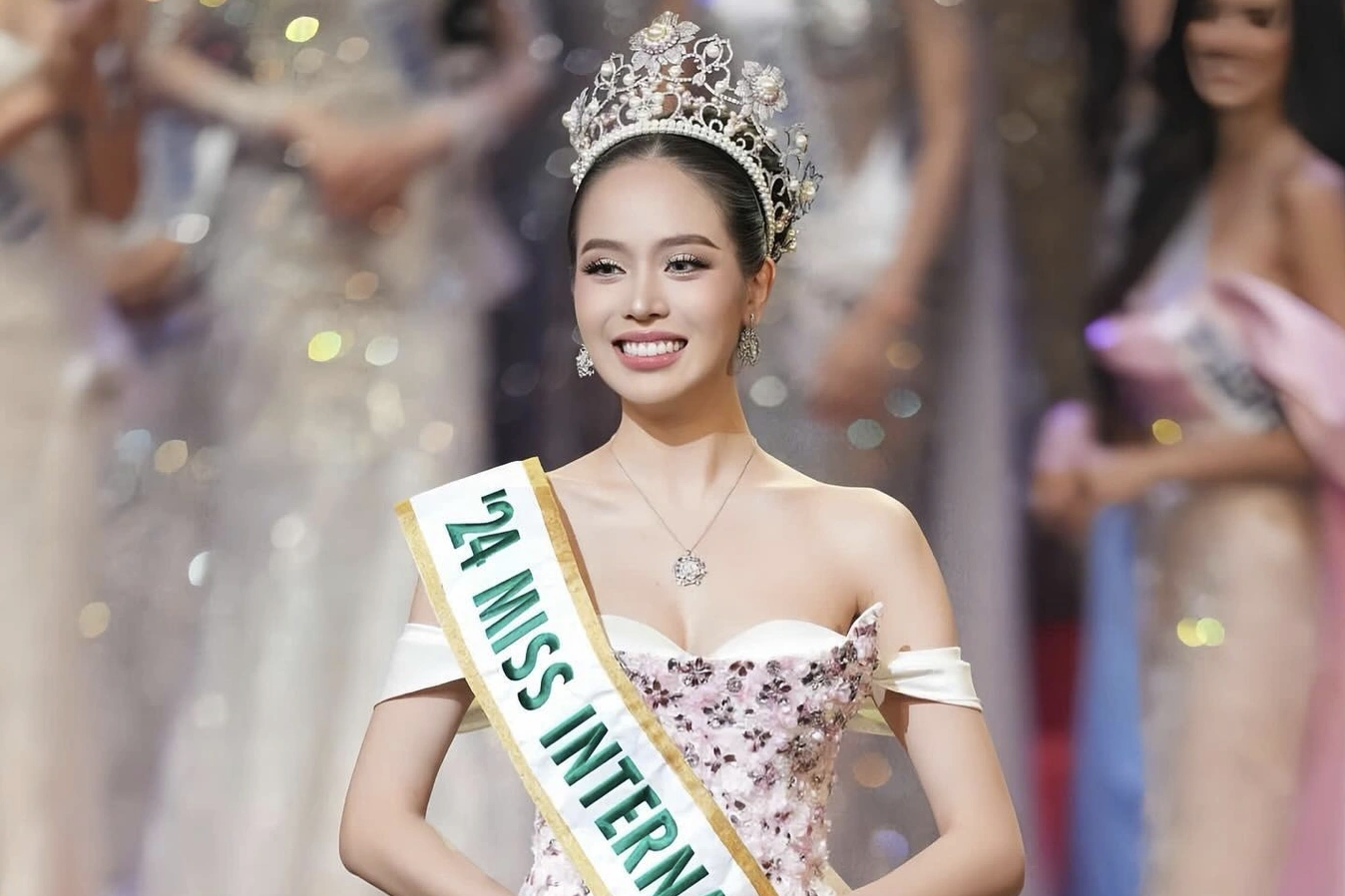

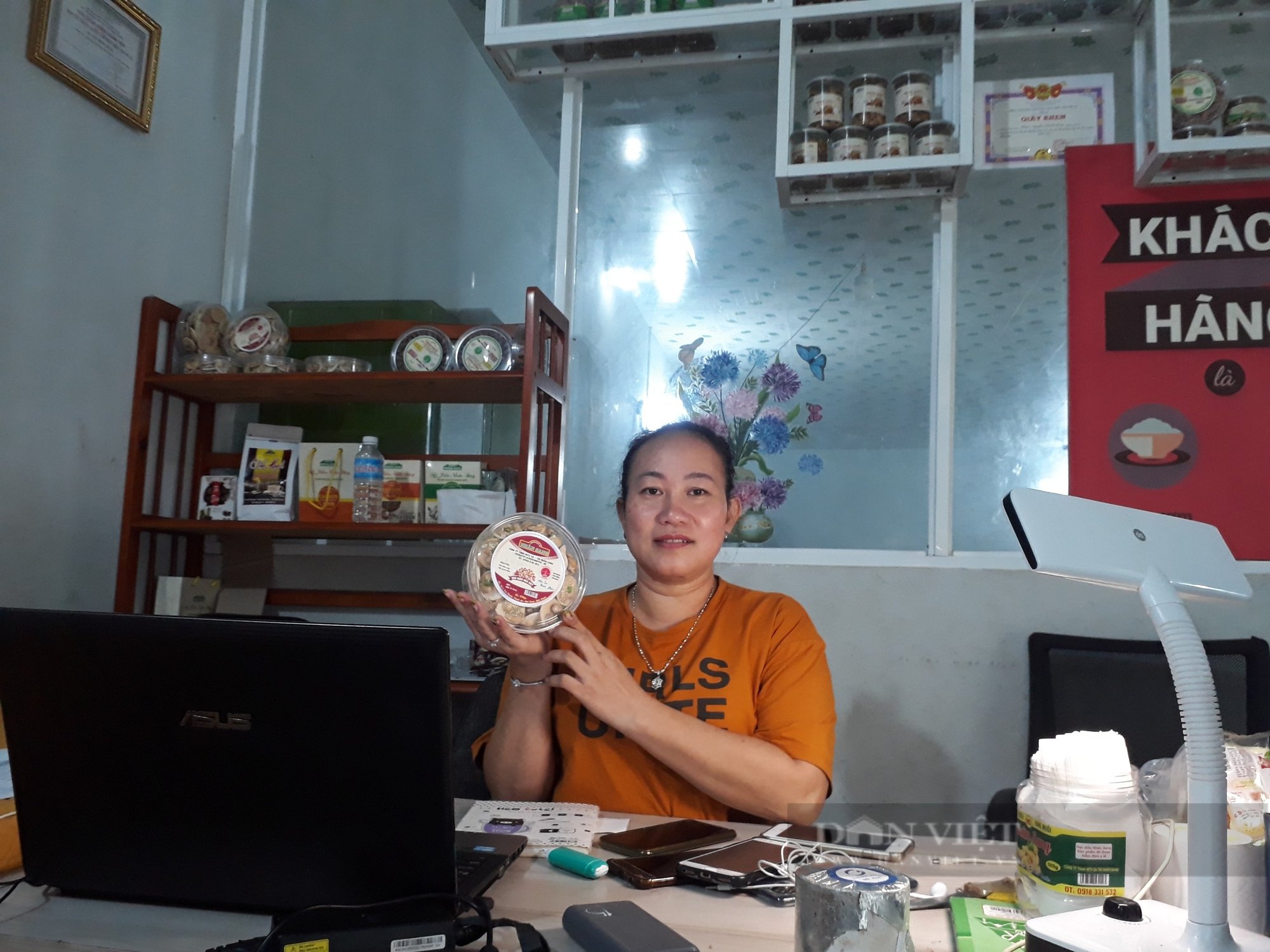

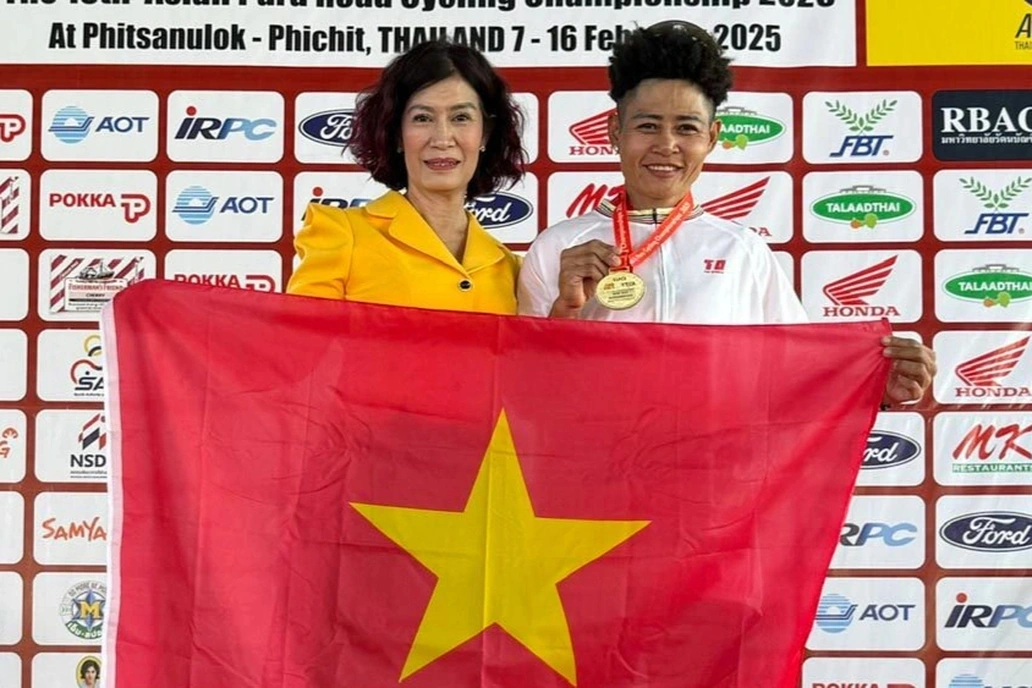
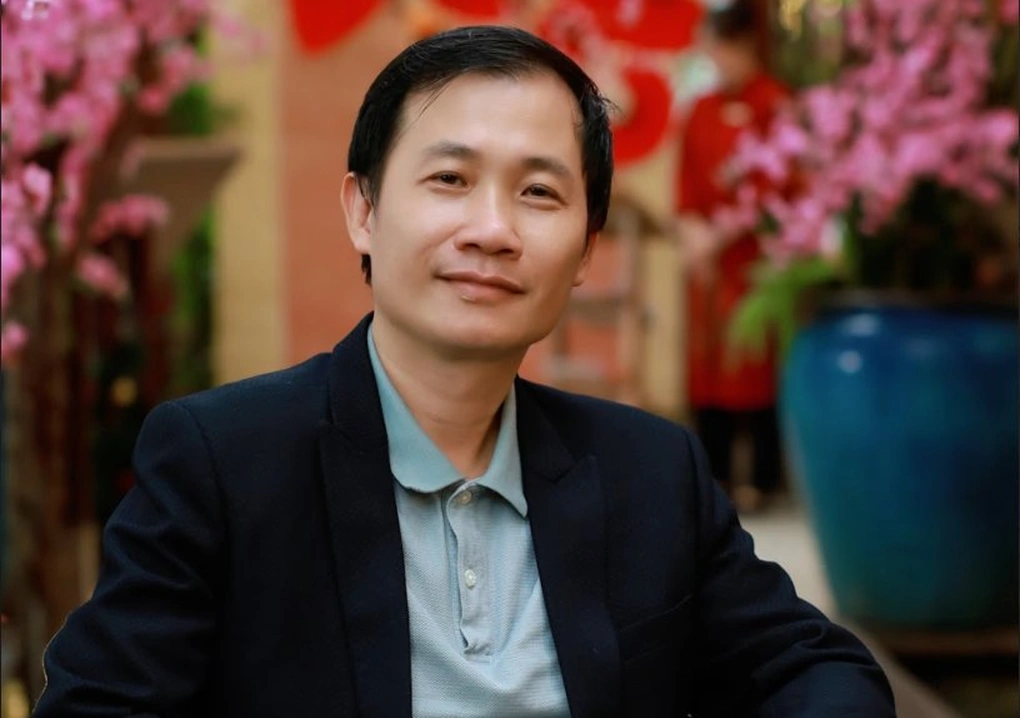


Comment (0)